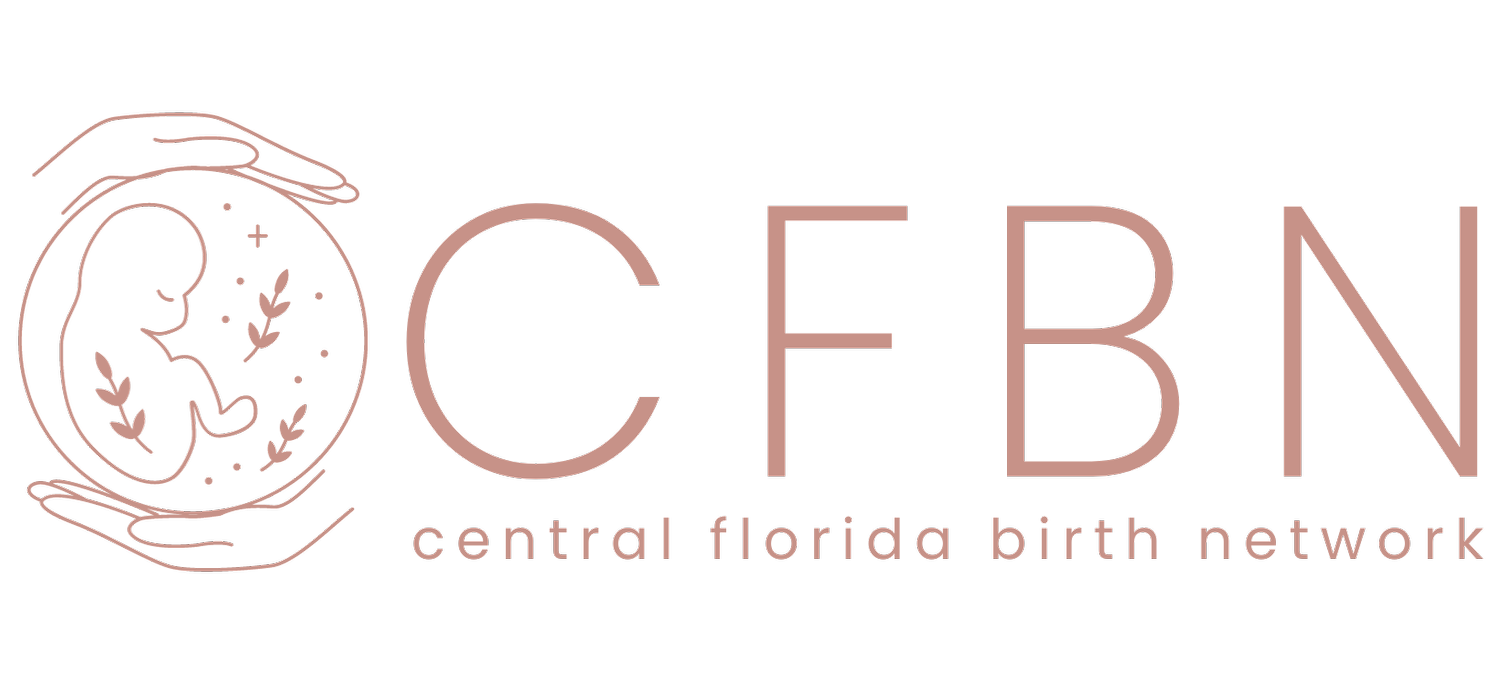The Overlooked Aspect of Pregnancy: Emotional Preparation for Complications
Contributing Writer(s) for CFBN: Krysta Schroeder, LCSW-QS, PMH-C, Owner, Harlowe Counseling. This content may contain opinions that may or may not be shared by all CFBN Members. The content provided on this blog is for educational purposes only and should not be construed as mental health advice; it is not intended to replace consultation with a qualified mental health professional.
In my experience, both as a mom and as a therapist for moms, the emotional preparation for potential pregnancy complications is often neglected. During pregnancy, the focus is primarily on the physical aspects, and while many physicians and birth providers are aware of possible complications, the emotional impact and preparation for these scenarios are rarely discussed in depth.
Typically, your provider will inform you of physical warning signs such as blurry vision, dizziness, severe headaches, or increased swelling, advising you to notify them immediately if these occur. However, what happens after you notify them is often a mystery. Questions like "What is the course of action?" "How will this impact my baby?" and "What happens to my birth plan?" are left unanswered, leaving mothers feeling unprepared and anxious.
Understanding Preeclampsia
Preeclampsia, which occurs in 3-6% of pregnancies typically after the 34th week, is one such complication. Risk factors include chronic high blood pressure, diabetes (Type 1 or 2), PCOS, or obesity. However, it can also develop spontaneously without any predisposing actors. Despite the known risks, the emotional and mental preparation for dealing with preeclampsia is often overlooked.
The Emotional Impact of the Unknown
As a mom, you likely aim to be prepared for the big life change that pregnancy brings. You do your research, learn about different methods and options, and plan for everything from bottles and breast pumps to labor and delivery choices. You might even have Plan A, B, and C for various scenarios. But what happens when these plans are disrupted by the unexpected? While we can't plan for every unforeseen event, being informed about potential complications and their treatments can reduce the emotional toll. Healthcare providers should offer an overview of what the course of treatment will look like if a mom is diagnosed with preeclampsia. This includes details about labor and delivery, what remains within the mother’s control, and what will be a standard course of treatment for her and the baby's safety.
The Importance of Being Informed
Creating a more informed environment allows women to become more mentally prepared, understand their options, and feel more empowered during childbirth. Birth trauma, characterized by feelings of fear, helplessness, and lack of support, often stems from events during labor and birth that are outside the mother’s control. When a mother feels uninformed or powerless, it can lead to postpartum anxiety and depression. If you've experienced birth trauma or a birth that didn't go according to plan and it’s affecting your day-to-day mental health (e.g., constant googling, quick to anger, difficulty sleeping, or inability to care for yourself), it's crucial to seek support from a mental health professional specialized in perinatal mental health. The Postpartum Support International directory (postpartum.net) is a valuable resource for finding such support.
Support at Harlowe Counseling
At Harlowe Counseling, we offer therapy to moms at every stage of motherhood, from pregnancy to postpartum and well into motherhood. It is never too late to reach out for support in processing your birth experience. Understanding and addressing the emotional aspects of pregnancy complications can help you feel more prepared, empowered, and supported as you navigate motherhood.
By fostering an environment where mothers are well-informed and emotionally prepared, we can help reduce the occurrence of birth trauma and promote better mental health outcomes for mothers and their families. Remember, it's essential to reach out for support and take care of your mental health just as much as your physical health during this significant journey.
Contributing Writer(s) for CFBN: Krysta Schroeder, LCSW-QS, PMH-C, Owner, Harlowe Counseling.
This content may contain opinions that may or may not be shared by all CFBN Members. The content provided on this blog is for educational purposes only and should not be construed as mental health advice; it is not intended to replace consultation with a qualified mental health professional.


